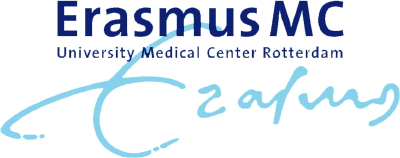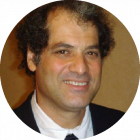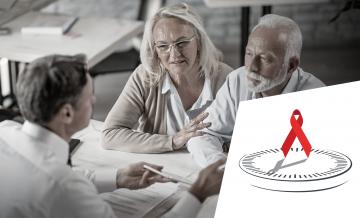

Immune Non-Responders - A Remaining Unmet Need | Satellite Symposium at EACS 2021
Related Enduring Materials

Welcome
Despite remarkable improvements in antiretroviral therapy (ART), immune reconstitution remains limited in some patients even a long time after ART initiation and impacts their life expectancy. This is of particular concern for young people that acquire HIV perinatally, or early in their life. While early ART initiation holds promise to improve immune capacity, late presenters, and underdiagnosis remain of considerable concern. Cellular and molecular mechanisms underlying HIV-associated immune activation and inflammation remain extensively studied, as well as adequate biomarkers to monitor ART-induced repair of damaged tissue. This program aims at bringing together basic, translational, and clinical researchers to disseminate the latest knowledge in this area, and fuel discussion on the many remaining unknowns to catalyze future research.
Program Director

General Information
By merging in-person communication and virtual elements, the hybrid meeting format is an optimal solution in light of the current circumstances. The Conference Organizers will continue to observe the ongoing COVID-19 pandemic and will take necessary steps to ensure that the meeting will be held in compliance with relevant regulations, prioritizing the health and safety of our participants.
We are available to answer any questions or concerns that you may have about your participation at the Managing HIV Patients with Limited Treatment Options. For more information, please contact Goda Adomonis at goda.adomonis@amededu.com.
To stay updated on developments about this meeting, make sure that you are signed up for our newsletter.
- Understand challenges of poor immune reconstitution and potential therapeutic interventions
- Comprehend CD4 response in recent studies, including inflammatory markers, and importance of gp120 inhibition
- Increase knowledge on molecular and cellular mechanisms of ART-associated immune reconstitution

This program is supported by an independent educational grant from ViiV Healthcare.
ViiV Healthcare was not involved in the development of content or selection of faculty for this educational activity.






